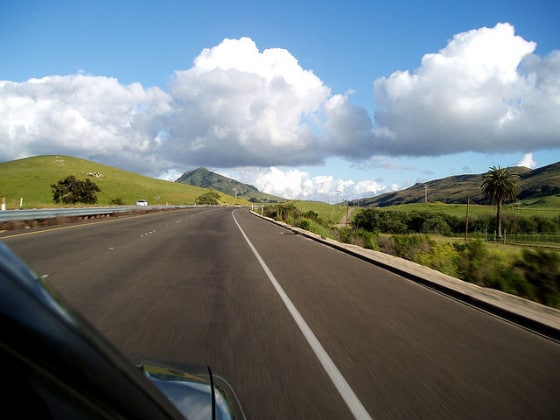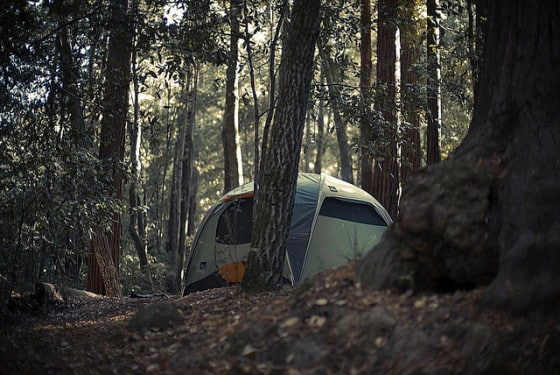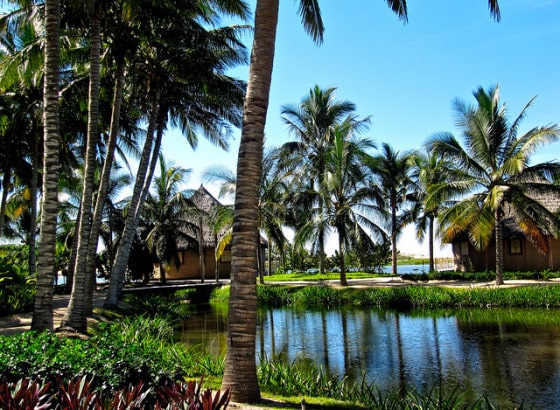
12 Ways to Improve Fuel Efficiency
Summer vacations, even day-to-day commutes and other travels, can become costly pretty quick. Between hotel expenses, food, gasoline, entertainment expenditures and souvenirs, taking out a significant loan to cover your planned adventures may not be out of the question. Fortunately, simple actions can be taken to reduce these costs. One of those actions involves improving your fuel efficiency. By improving your fuel efficiency you not only save money, you also increase gas mileage, reduce harmful emissions and extend the life of your vehicle.
These 12 ways to improve fuel efficiency on your vehicle will help you get started:
- Make sure your tires have the proper air pressure. Tire pressure does effective fuel efficiency. With the proper pressure, your vehicle will run better. It is also important sure your vehicle has manufacturer-recommended tires on it. Narrow tires help minimize drag, but may give you insufficient traction when you need it the most. Go with manufacturer-recommended.
- Get rid of the junk in your trunk. Too much weight in your vehicle, even an additional ten pounds, will have an impact. Keep the emergency, road-side kit, first-aid kit and luggage you will need for your vacation. Other than that, take out the rest. No reason to lug it around when it will only slow you down. (Remember to clear out your vehicle after you return as well.)
- Give your gasoline the extra boost it needs. By using a proven liquid fuel catalyst, you will able to clean up your engine so your vehicle produces fewer harmful emissions. As an added bonus, the right fuel catalyst can increase fuel economy and improve engine power.
- Take your vehicle in for a tune-up, or at the very least, get routine vehicle maintenance done. Even something as seemingly minor as a dirty engine air filter can have a dramatic impact on fuel efficiency. It’s simple, a clean engine runs cleaner.
- Try to keep your gas tank at least one-quarter full. If you allow your vehicle to run really low on gas, the sentiment which has likely settled at the bottom of your tank may end up getting mixed in. To avoid using the dirtiest gas in your tank, don’t let your car run on empty.
- Get routine oil changes. Doing this will help make sure the oil in your vehicle does not get dirty. According to CalRecycle, vehicle owners should check the manufacturer recommendations as to when oil should be changed. Changing the oil too often, or not often enough, can cause your vehicle harm.
- Avoid excessive idling, whenever and wherever possible. If you do not need to keep your car running, turn it off. Idling, whether it be while waiting for a loved one, while going through the drive-through or any other reason, wastes gas and increases the amount of harmful emissions being spewed into the environment.
- Use cruise control. When going on long trips, it is advised you use the cruise control on your vehicle. This can help you minimize rapid acceleration and deceleration, so as to maintain a more constant speed, which will in turn, improve gas mileage and fuel efficiency.
- Slow down. Be sure to follow posted speed limit signs. Speeding is another driving habit which can lead to lower fuel efficiency. For the majority of vehicles, driving between 40 and 60 miles per hour will be the so-called “sweet spot,” to maximize the efficiency of your engine.
- Avoid being heavy-footed when it comes to either the gas or brake. Smooth, steady acceleration and gradual braking can help your engine operate more efficiently. Tailgating may also increase the frequency in which you will find yourself needing to slam on the brakes, so keep a safe distance between you and the vehicle in front of you.
- Use your GPS to program the route you plan to take to your intended destination. You’ll likely reduce the chances of being stuck in stop-and-go traffic by using your GPS or in-vehicle navigation to help you map your route. Major traffic jams and accidents can potentially be avoided as well. By using your GPS, you may be able to use less gas, spend less time idling and arrive at your destination faster.
- Combine trips. If you have to run errands, or go to more than one destination, try to do so all in one trip. Combining trips minimizes your driving time, allows you to use less fuel, and generates less harmful emissions. Try to avoid city streets and opt for highways (where speeds are more stable, rather than stop-and-go) to improve fuel efficiency.
Road travel image by emdot via Flickr Creative Commons license.




Post a comment